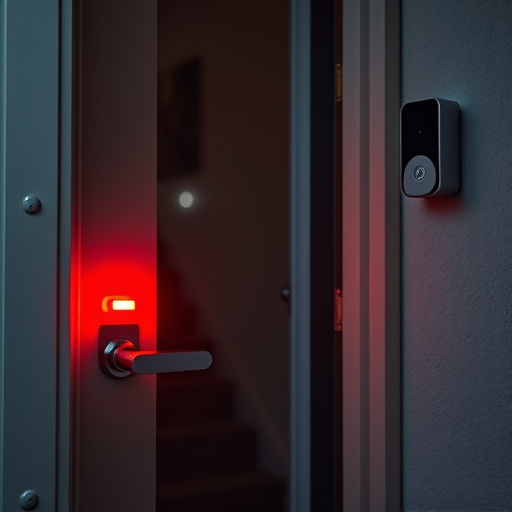In Oregon, common defense mistakes like misinterpreting self-defense laws, missing statutory deadlines, and inadequate evidence collection are significant issues that can complicate legal proceedings and lead to unfavorable outcomes. To avoid these errors, defendants should thoroughly understand and adhere to Oregon's legal framework, stay updated on statute amendments, seek professional advice, and meticulously follow court guidelines. Effective evidence collection, preservation, and handling are crucial for successful defense strategies, especially with the increasing importance of digital evidence.
In Oregon, as in any jurisdiction, understanding common defense mistakes is pivotal for ensuring just outcomes. This article delves into the key areas where legal strategies often falter, highlighting critical errors that can significantly impact criminal cases. From overlooking statutory requirements and failing to adequately collect evidence to strategic missteps during negotiations and trials, these mistakes can have far-reaching consequences. We offer preventative measures, emphasizing the importance of qualified legal counsel and the exercise of constitutional rights to mitigate common defense errors in Oregon.
- Identifying Common Defense Mistakes in Oregon
- – Overlooking Statutory Requirements
- – Insufficient Evidence Collection and Preservation
Identifying Common Defense Mistakes in Oregon

In Oregon, recognizing common defense mistakes is crucial for individuals navigating legal proceedings. Many defense strategies often rely on specific laws and procedural nuances unique to the state. By understanding these typical errors, defendants can proactively avoid potential pitfalls. Common defense errors in Oregon range from misinterpreting self-defense laws to failing to timely file necessary documents, each carrying significant consequences.
For instance, mistaken beliefs about when and how force is justified can lead to weakened defenses. Additionally, missing statutory deadlines for filing motions or evidence may result in waiving certain rights. Being aware of these common pitfalls allows legal professionals and individuals alike to craft more robust defenses, ensuring a fairer outcome in Oregon’s legal system.
– Overlooking Statutory Requirements

In Oregon, as with any legal jurisdiction, understanding and adhering to statutory requirements is paramount for a successful defense strategy. One of the most common defense mistakes involves overlooking these essential rules and regulations. Lawyers or individuals representing themselves may miss crucial deadlines, fail to file the right documents, or misinterpret specific laws, leading to significant setbacks. These oversights can result in case complications, evidence inadmissibility, or even worse, premature dismissal of the case.
To avoid such pitfalls, it’s imperative to thoroughly research and comprehend Oregon’s legal framework. This includes staying up-to-date with statute amendments, seeking professional advice when needed, and meticulously following court guidelines. By doing so, potential common defense errors can be minimized, ensuring a stronger chance at a favorable outcome for the defendant.
– Insufficient Evidence Collection and Preservation

In Oregon, as in many jurisdictions, one of the most prevalent common defense mistakes is insufficient evidence collection and preservation. This often occurs when defense attorneys fail to meticulously gather and secure critical physical and digital evidence that could exonerate their clients. Without a robust evidentiary foundation, defendants may face challenges in mounting a compelling defense strategy. As technology advances, preserving digital evidence becomes increasingly crucial, requiring specialized knowledge to ensure its integrity and admissibility in court.
Furthermore, failure to organize and present evidence effectively can undermine the overall defense case. Proper documentation, chain of custody procedures, and expert testimony are essential components that help establish a robust defense. Common defense errors in evidence management can lead to cases being weakened or even dismissed, underscoring the importance of rigorous evidence handling practices for a successful legal outcome.














